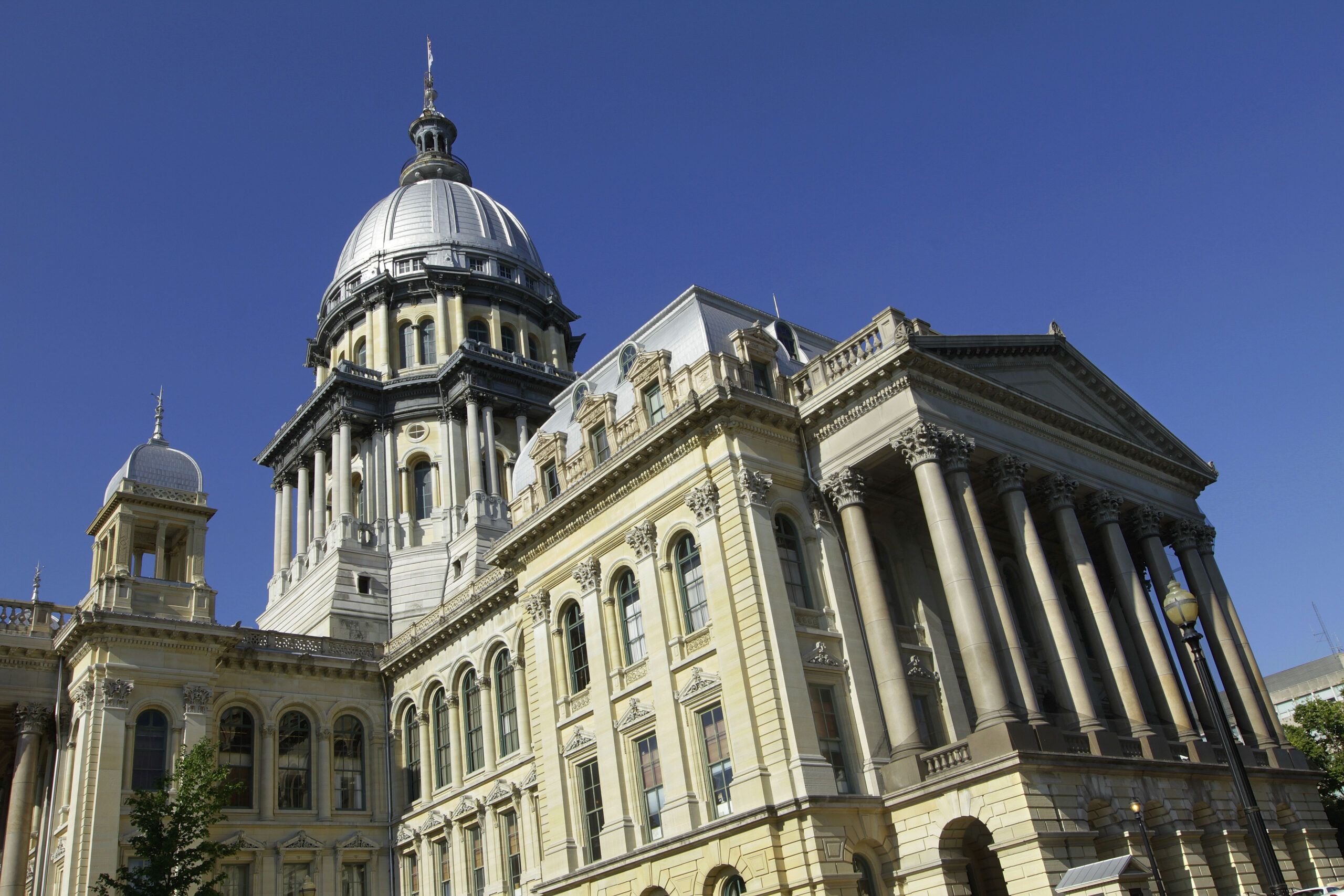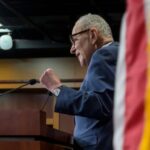

(The Center Square) – A judge said Friday that he’ll allow a professor to testify about Chicago’s political machine at former Illinois House Speaker Michael Madigan’s upcoming corruption trial.
Madigan’s defense team had asked Judge John Robert Blakey to keep University of Illinois Chicago professor Dick Simpson from taking the stand in front of a jury. They said Simpson’s testimony would be “unreliable, irrelevant, and highly prejudicial.”
The judge disagreed and will allow Simpson to testify, but he set boundaries for that testimony at trial.
Prosecutors want to call Simpson to the stand to explain how Chicago politics and government work. That includes the workings of Ward organizations, Chicago’s political machine and patronage hiring.
The judge essentially agreed with the prosecutors.
“Professor Simpson’s proposed expert testimony primarily pertains to informing the jury about the existence and basic features of traditional ward political structures in Chicago,” he wrote in an order on Friday. “The Court finds that this testimony is helpful to the jury in this case.”
He added: “Even though it might not relate to an ‘ultimate issue’ as to whether Defendants acted unlawfully, it does assist the jury in understanding the essential characteristics of a traditional ward political organization, which provides important context in this complex case where a ward organization remains central to the charges presented in the Superseding Indictment.”
The judge put some boundaries around what Simpson could testify about and ruled that Simpson can’t offer his opinion on the motives of precinct captains and political workers.
“The Court finds that any testimony Professor Simpson may offer regarding his generalized opinions on the subjective, internal motivations of precinct captains at large to engage in their work must be excluded,” Blakey wrote.
Another judge excluded Simpson’s testimony from a 2023 corruption trial focused on four former ComEd executives and lobbyists accused of a scheme to reward Madigan in exchange for help with legislation in Springfield that would affect the electric utility company. In that case, Judge Harry Leinenweber said the jury didn’t need an explanation and that a detailed history of the corruption of the Chicago political machine could prejudice the jury. A jury convicted the four ComEd executives and lobbyists in May 2023, but defense attorneys may seek a new trial after a Supreme Court ruling narrowed the federal bribery statute. A judge has yet to sentence those defendants.
Madigan served in the Illinois House from 1971 to 2021, as speaker from 1983 to 1995 and again from 1997 to 2021. That made him one of the state’s most powerful politicians, especially given his role as head of the Democratic party in the state. He faces 23 counts of racketeering, bribery, and official misconduct as part of a federal indictment. Madigan has pleaded not guilty.
Prosecutors initially charged Madigan, along with convicted former lawmaker and lobbyist Michael McClain, in March 2022 with 22 counts of racketeering and bribery for his alleged improper dealings with the state’s largest utility, ComEd. Prosecutors further alleged that he used his political power to unlawfully steer business to his private law firm, Madigan & Getzendanner. In October 2022, prosecutors filed a superseding indictment that charged Madigan and McClain with conspiracy related to an alleged corruption scheme involving AT&T Illinois.





